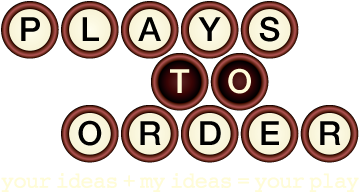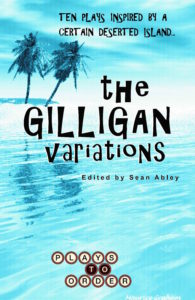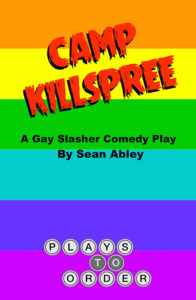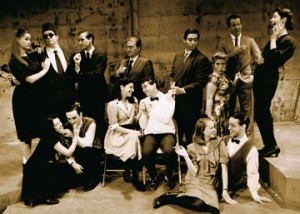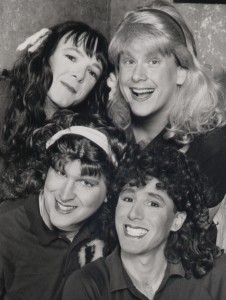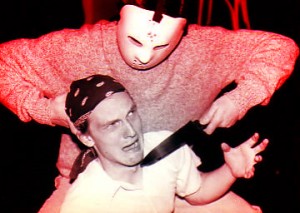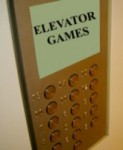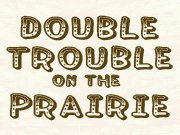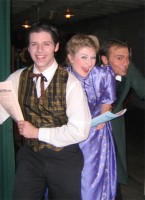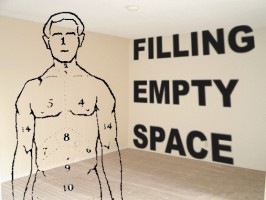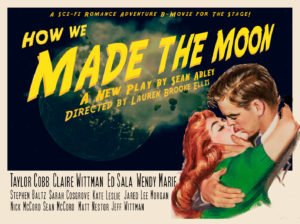 Sci-Fi Comedy/Drama
Sci-Fi Comedy/Drama
Full length two-act
7-9 males, 4 female
(11-13 actors possible)
SYNOPSIS
A revisionist sci-fi tale of Earth’s moon, and two hearts, breaking to pieces.
1958 – The moon is revealed to be in danger of self-destructing and destroying Earth in the process. The U.S. and U.S.S.R. secretly join forces for “Project Moon 2,” to build a moon-shaped space station to replace the unstable satellite. American astronaut Iven “Kinch” Kincheloe and Russian scientist Tatyana Kuznetsova meet, fall in love, and ultimate separate when she leaves to live on Moon 2 without him.
2020 – The project is declassified and the current residents of Moon 2 travel to Earth. Kinch, now in his 90s, having lived for decades with guilt and anger over his actions, recounts the tale of saving Earth (in flashback) to a mysterious visitor.
SETTING
A rural home in the year 2020, a space station and research facility in 1958, all as imagined by 1950s science fiction films.
NOTES
All the characters in How We Made the Moon, with the exception of Col. Justine Blankenship and Gwen Edwards, are based on real people involved in some facet of the Space Race of the 50s, 60s and 70s. As this is a revisionist tale, I’ve used their names and certain aspects of their true histories while taking many, many liberties with their lives, including the years they were active in their respective programs. My goal was to find astronauts, cosmonauts, scientists and others who trained or desired to go into space, but never actually made the trip, and give them their dream of achieving space travel. Gwen Edwards was an actress with whom I worked on projects during my time at the Playwrights Lab at Hollins University, including the very first reading of this script in 2016. The character is actually based on botanist Siri Von Reis, but after Gwen passed away from cancer, I wanted to honor her by including her in the script. Now whenever How We Made the Moon is produced, Gwen will be back on stage, and in the stars, where she belongs.
As far as Project Moon 2, obviously the science doesn’t add up. But the charm of 1950s and 60s science fiction films is the conviction with which the participants treat the impossible, and I hope I’ve captured that with this script.
